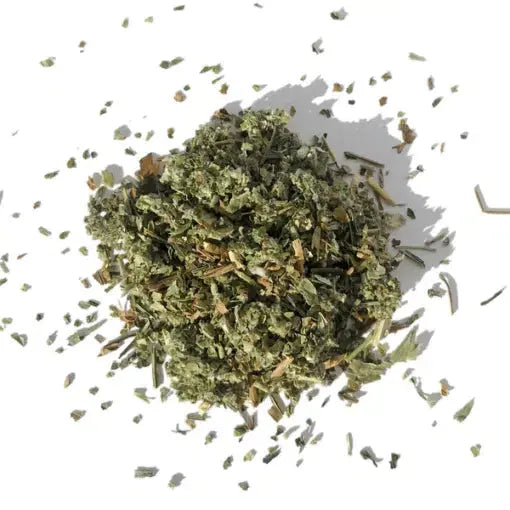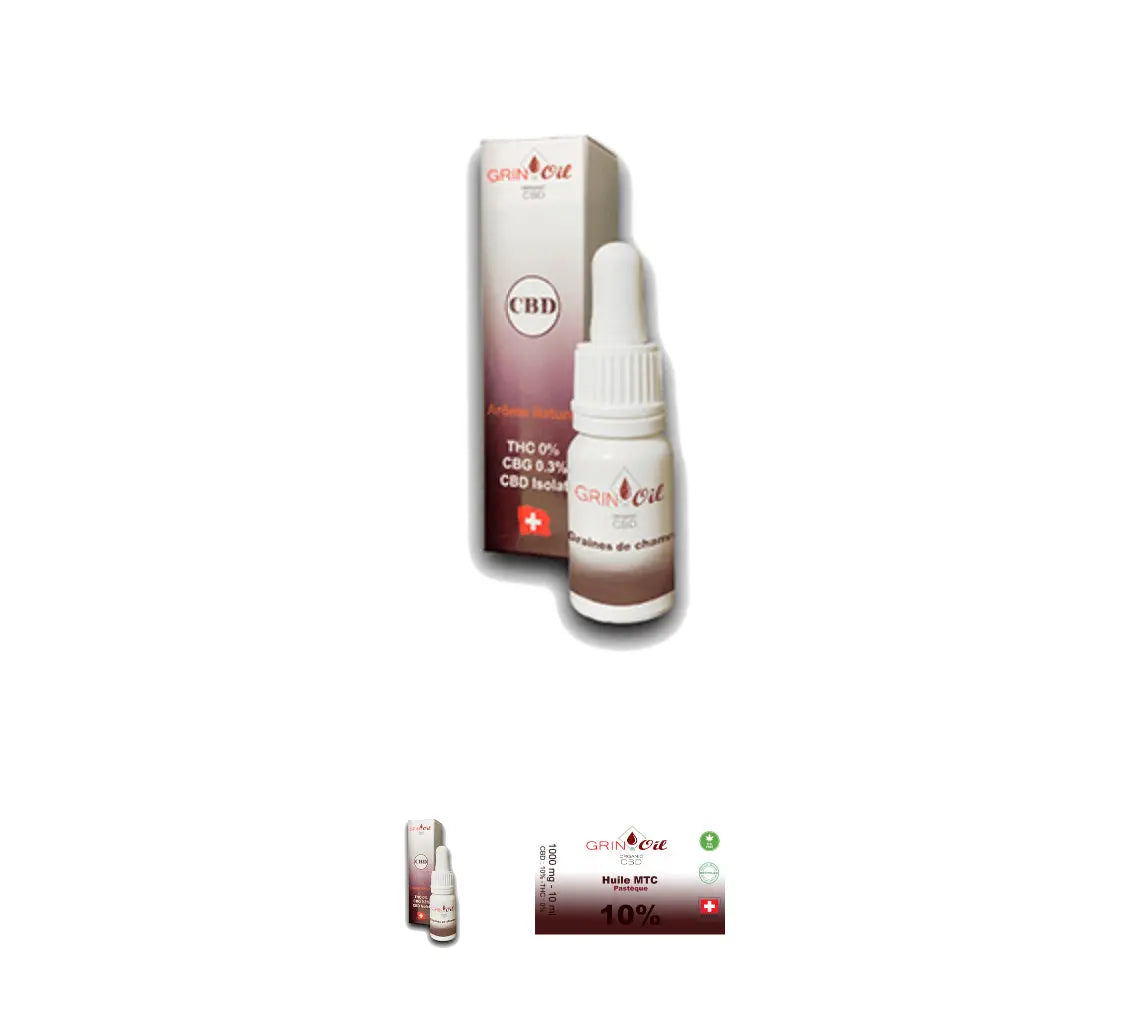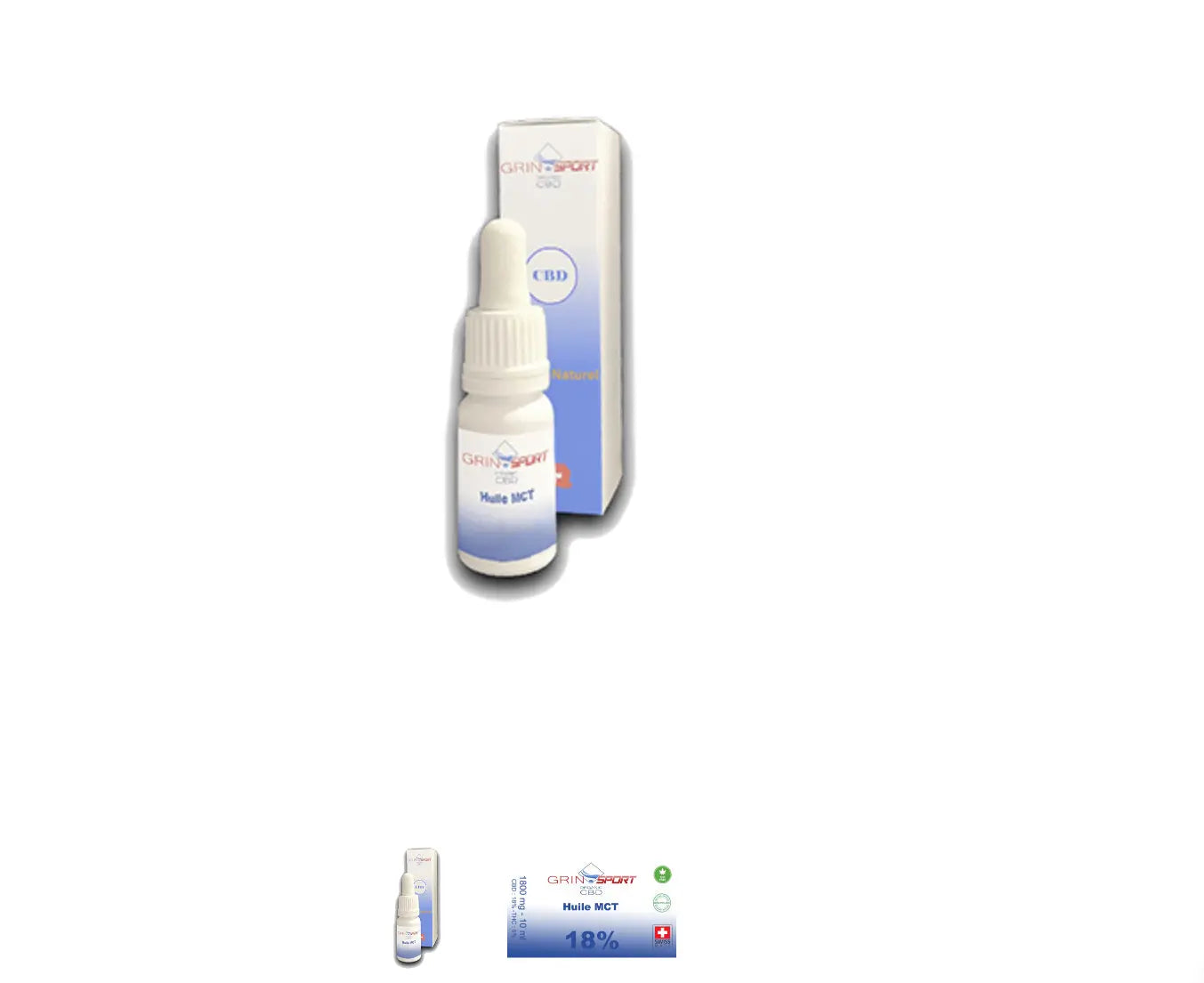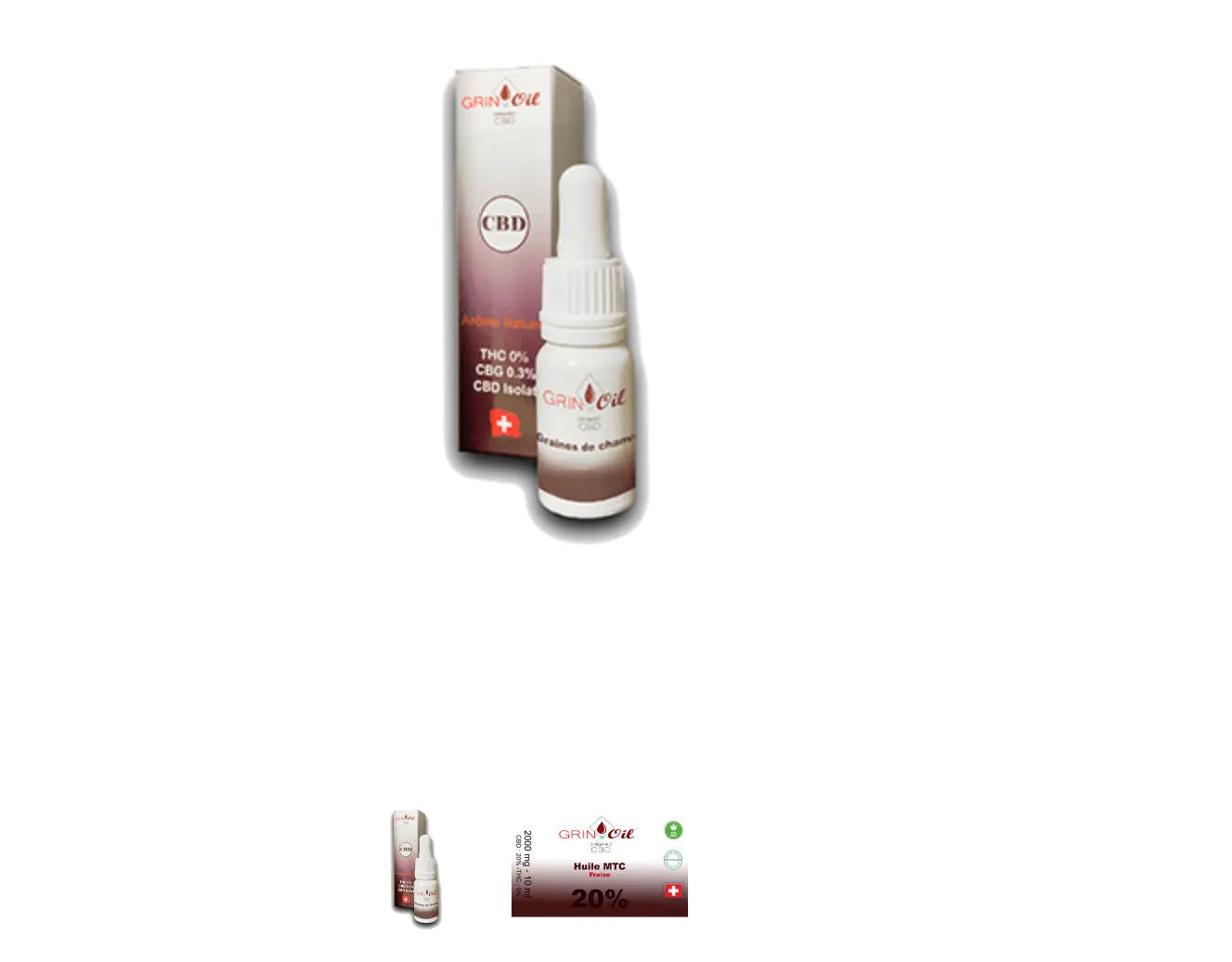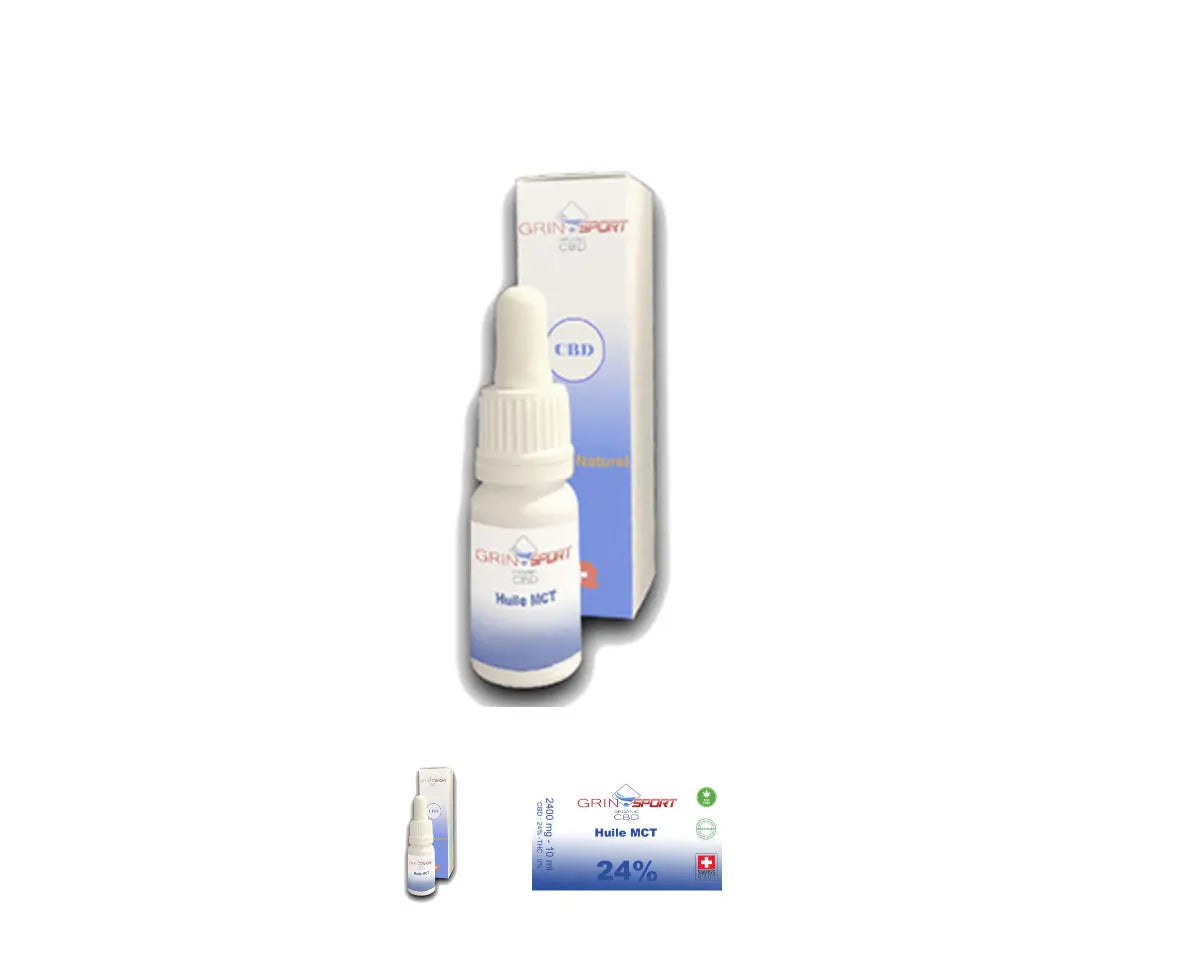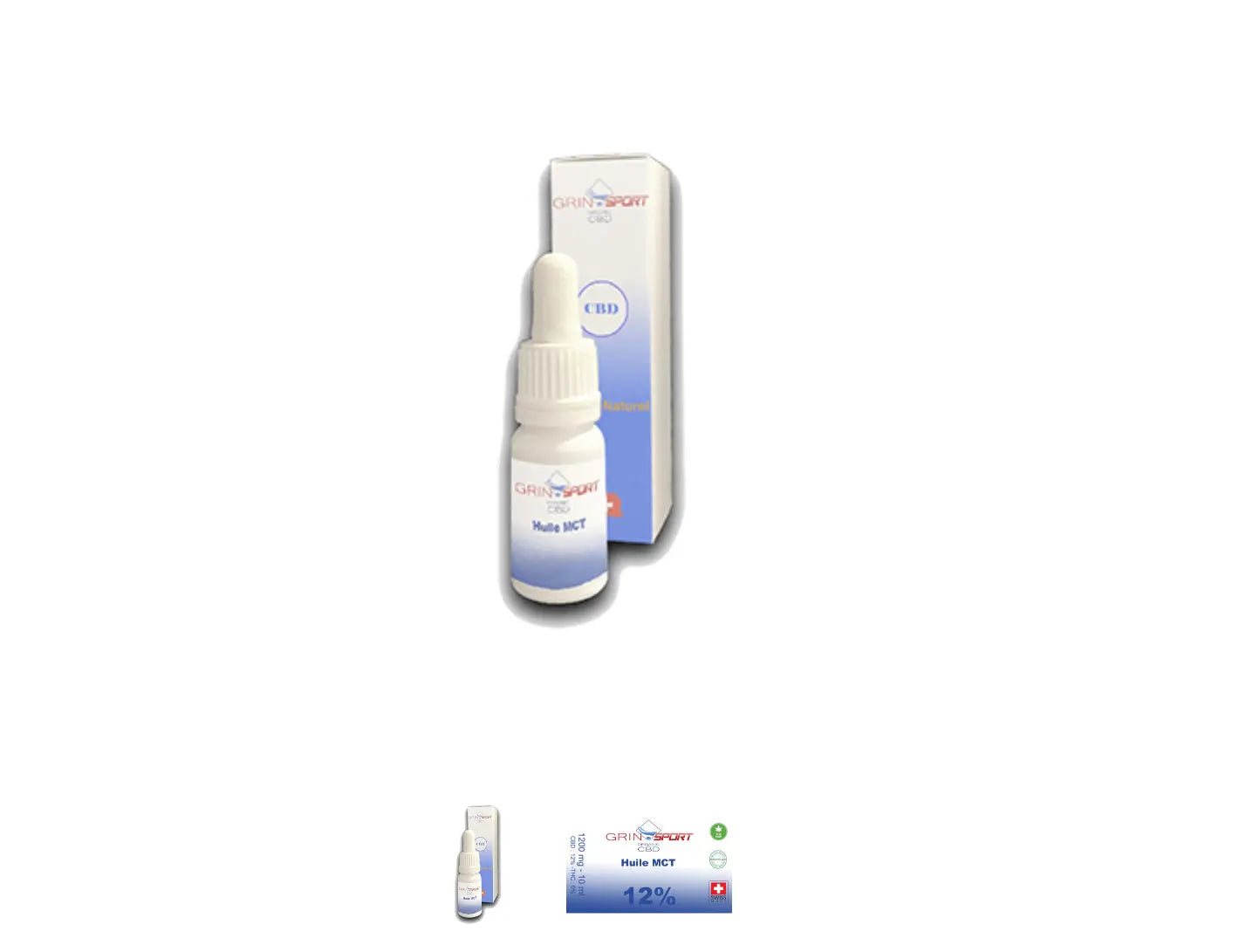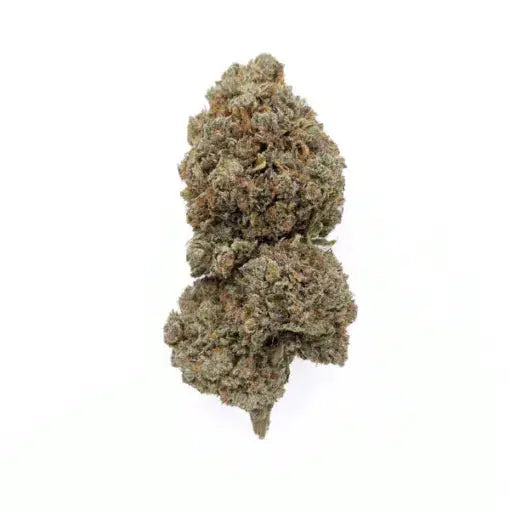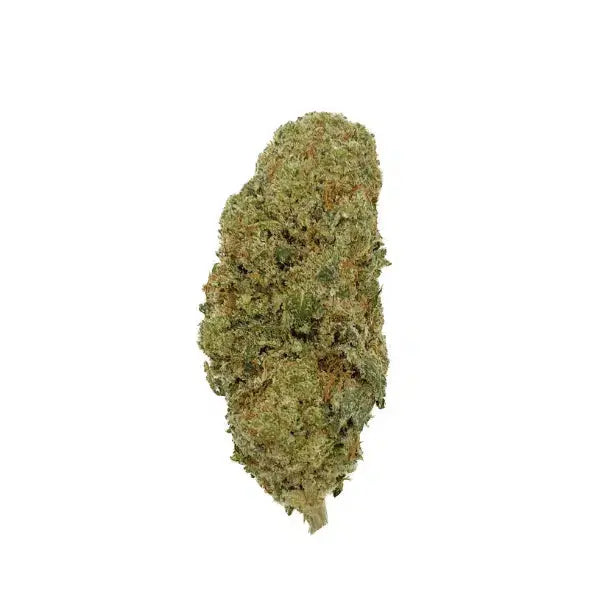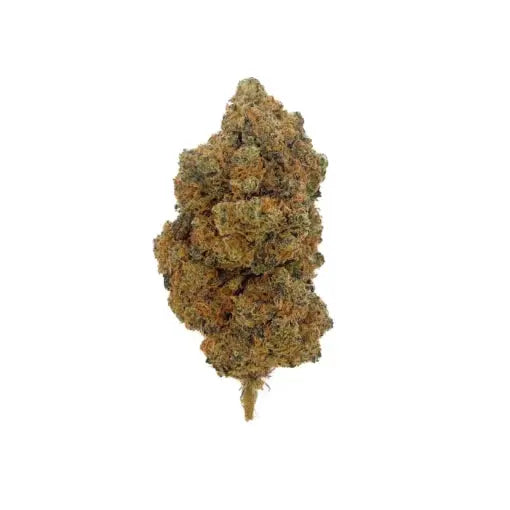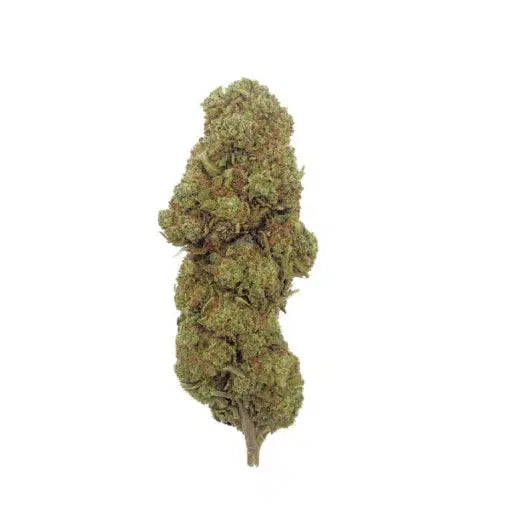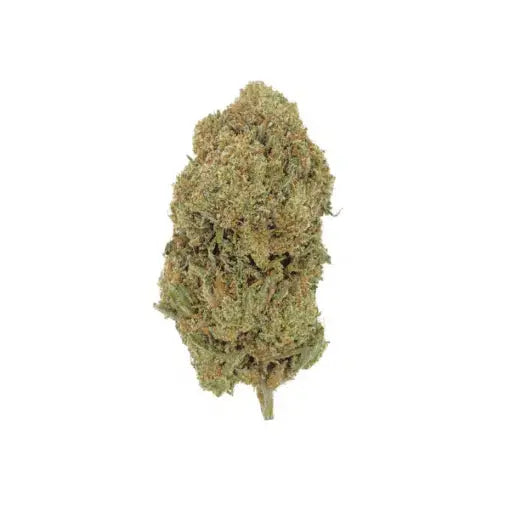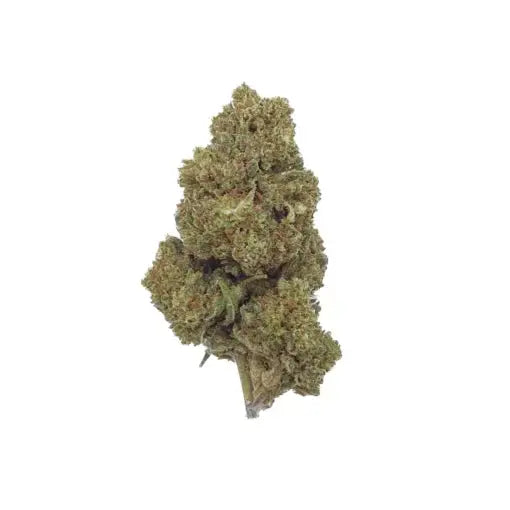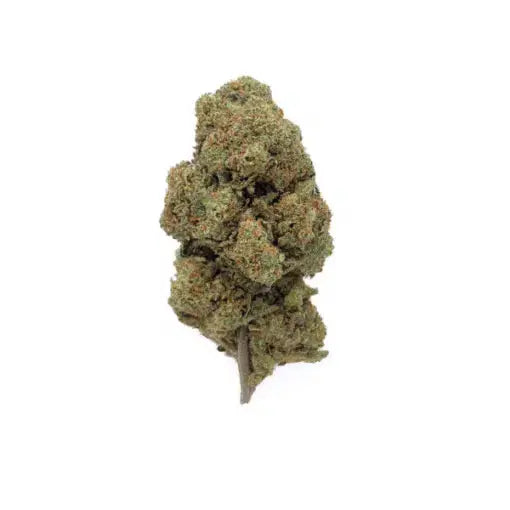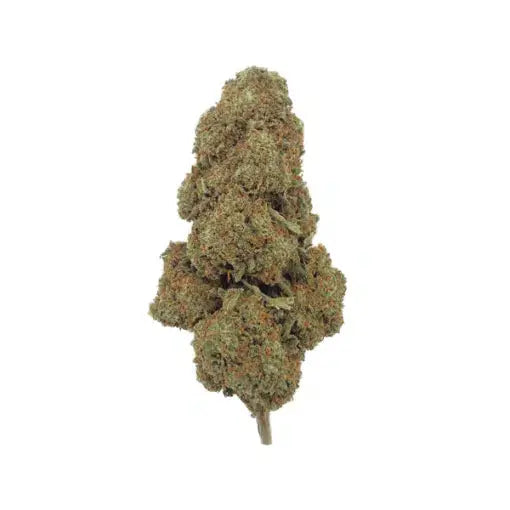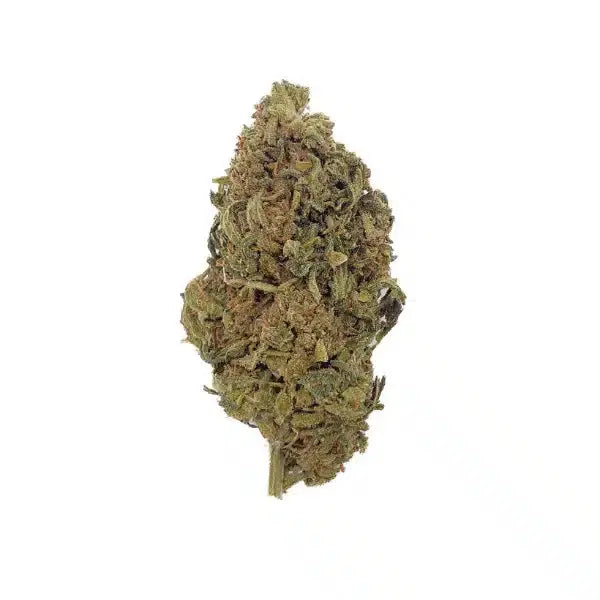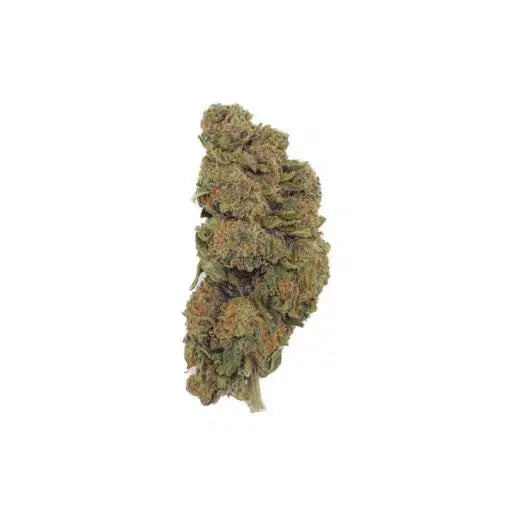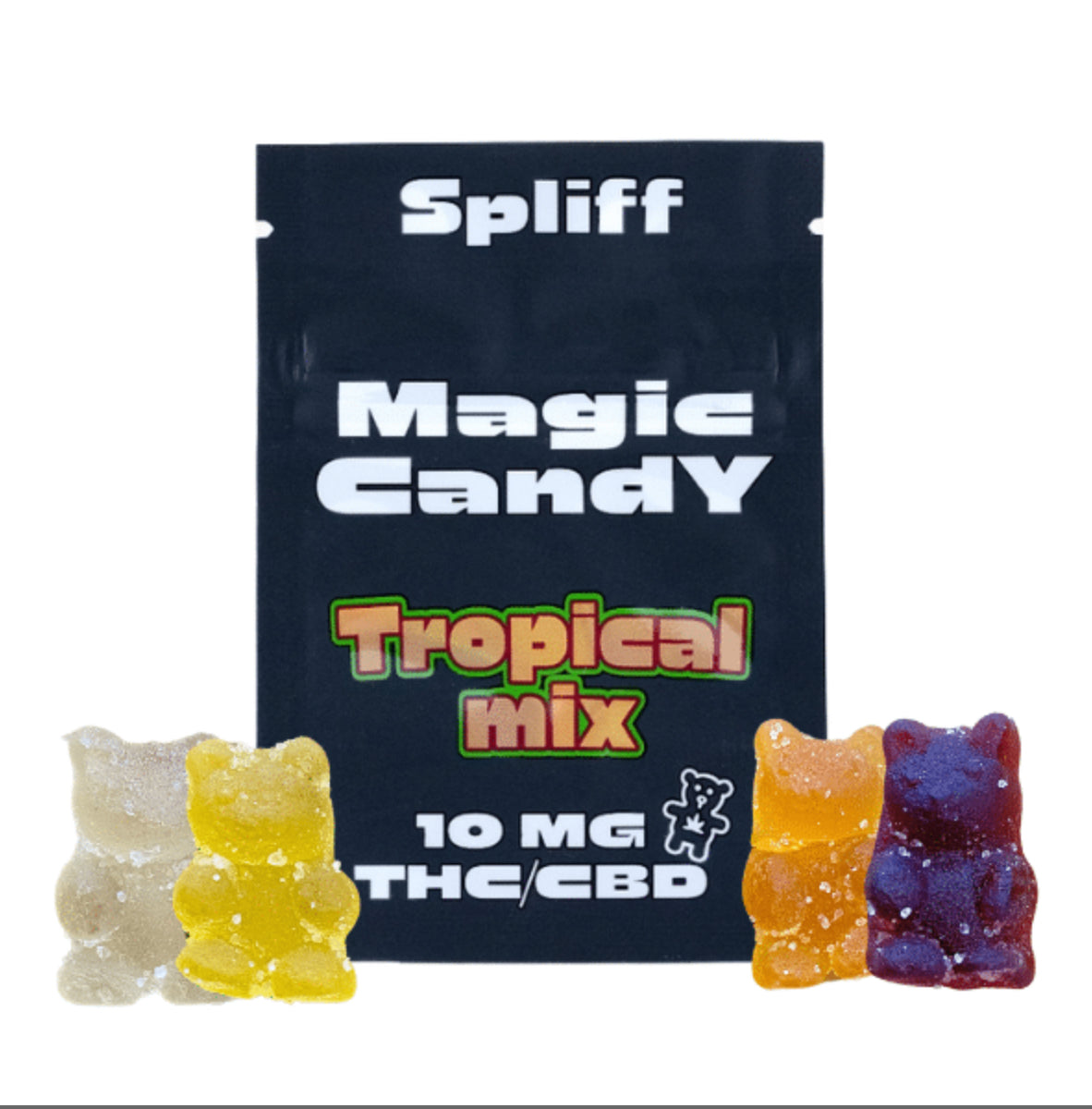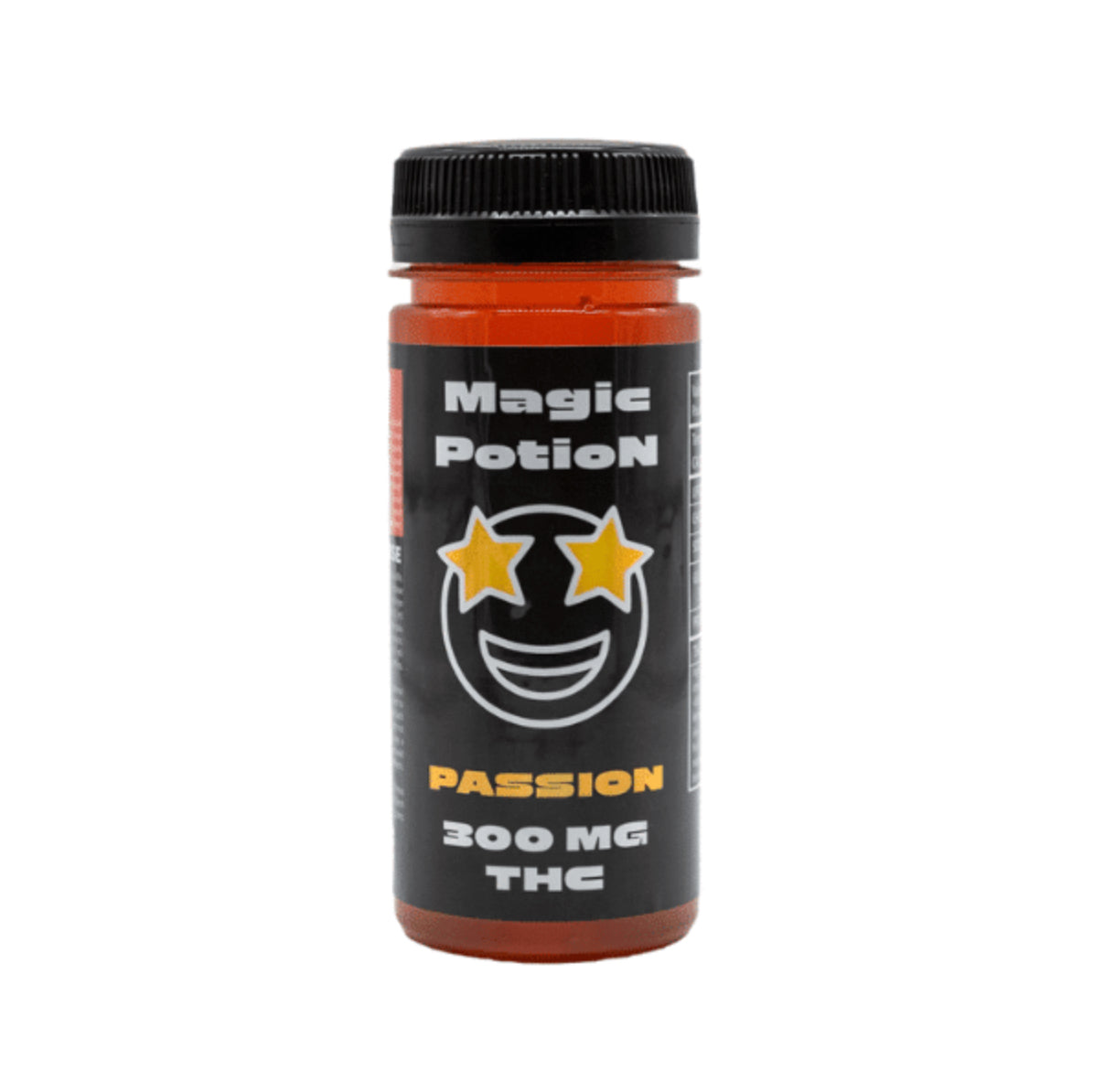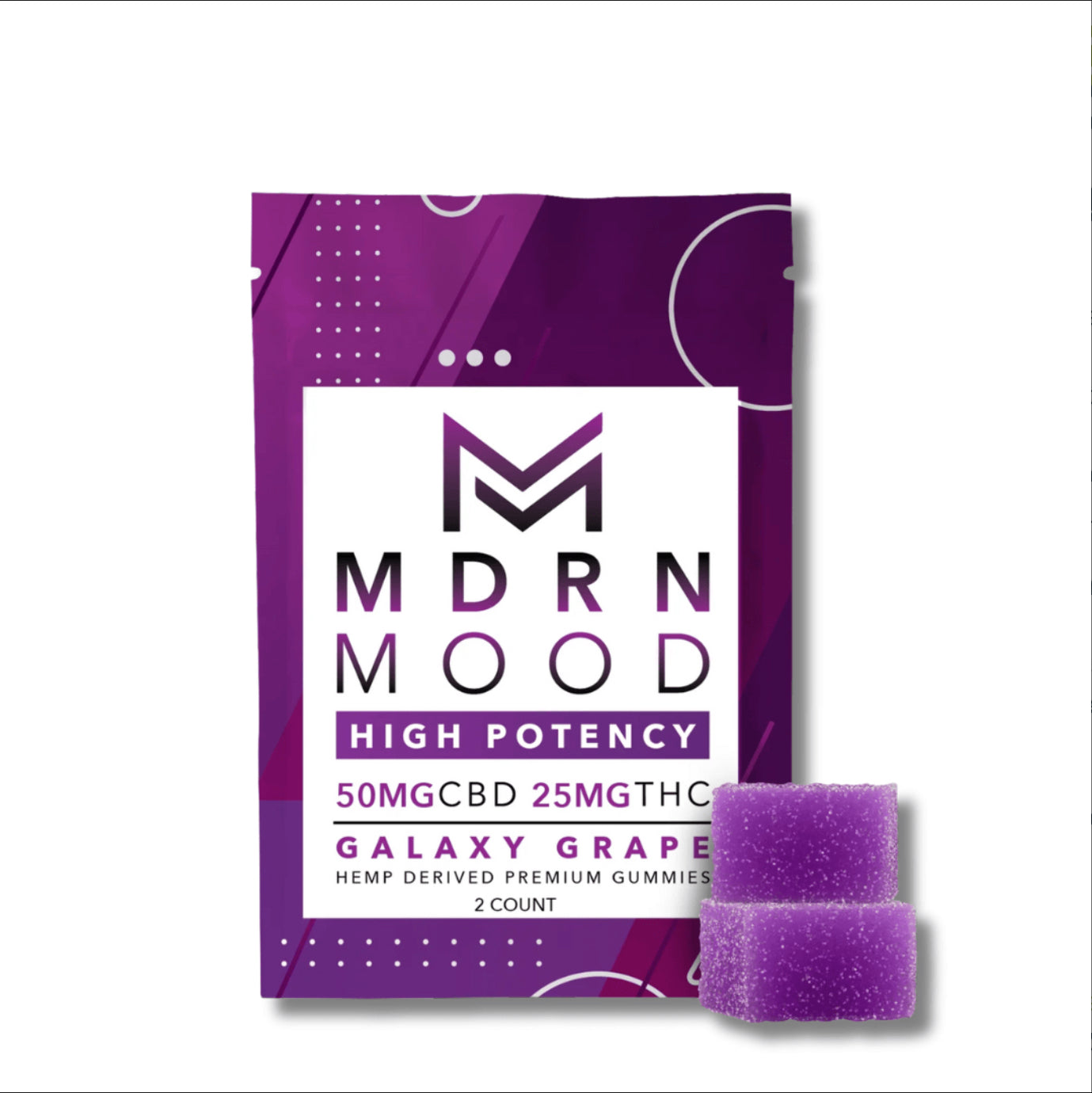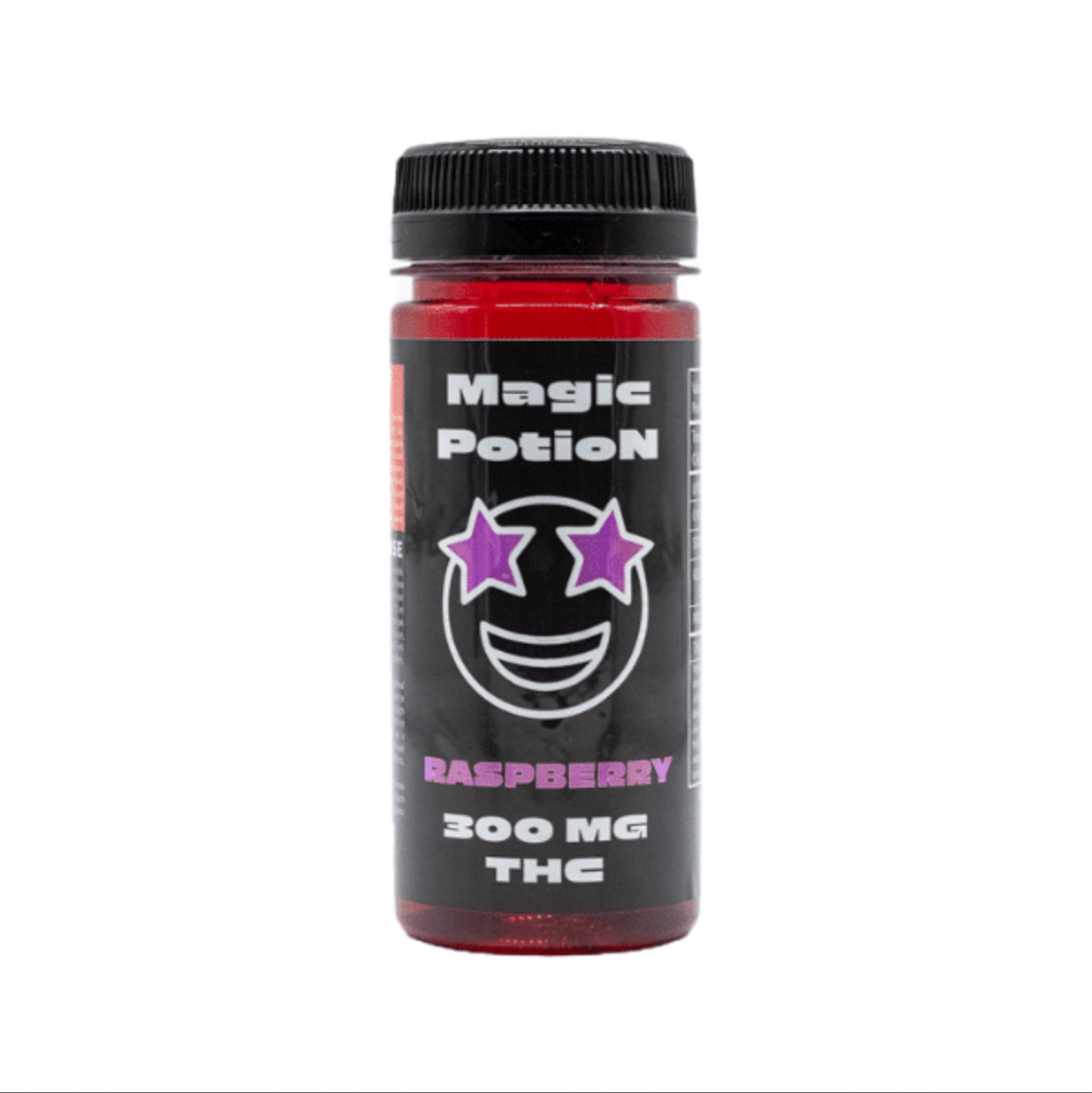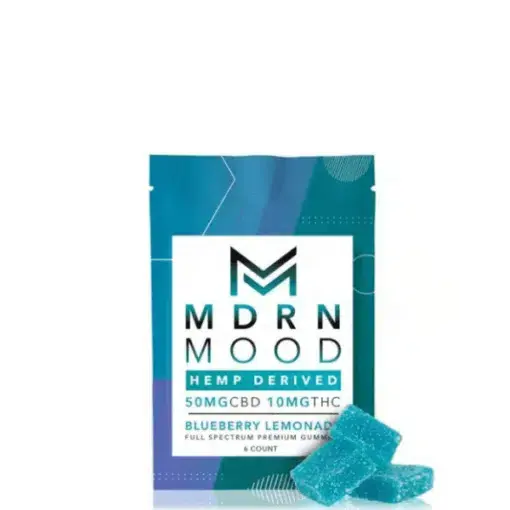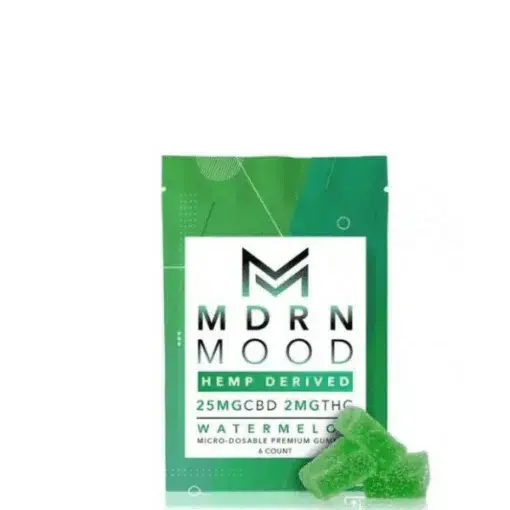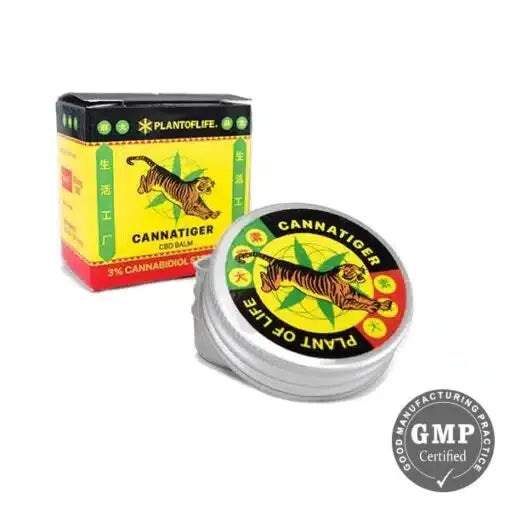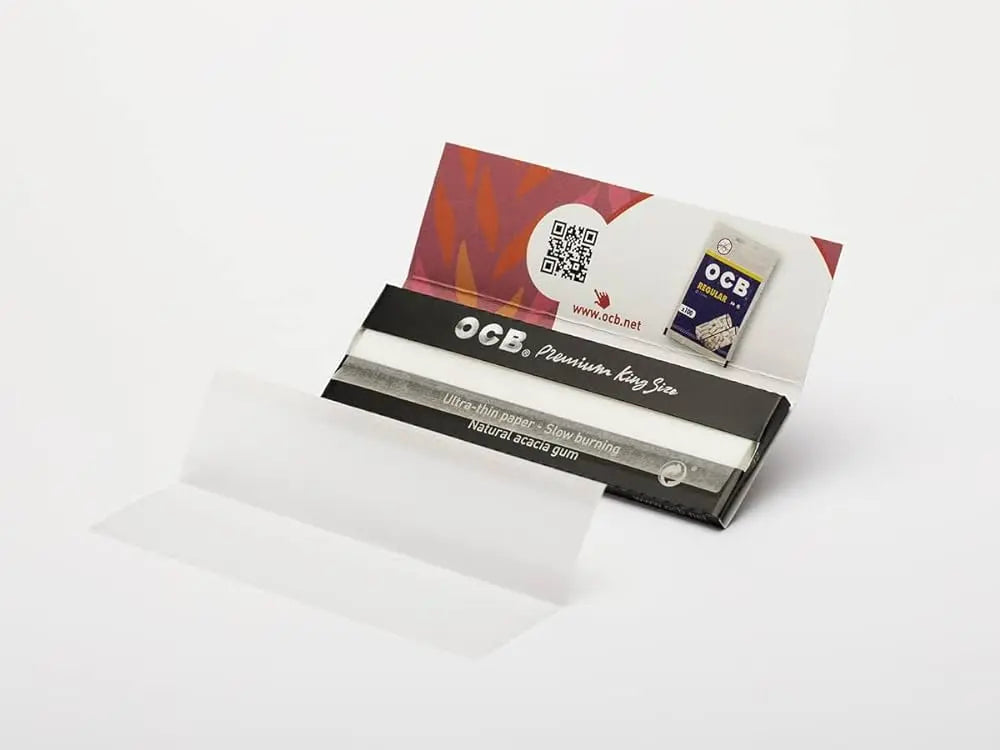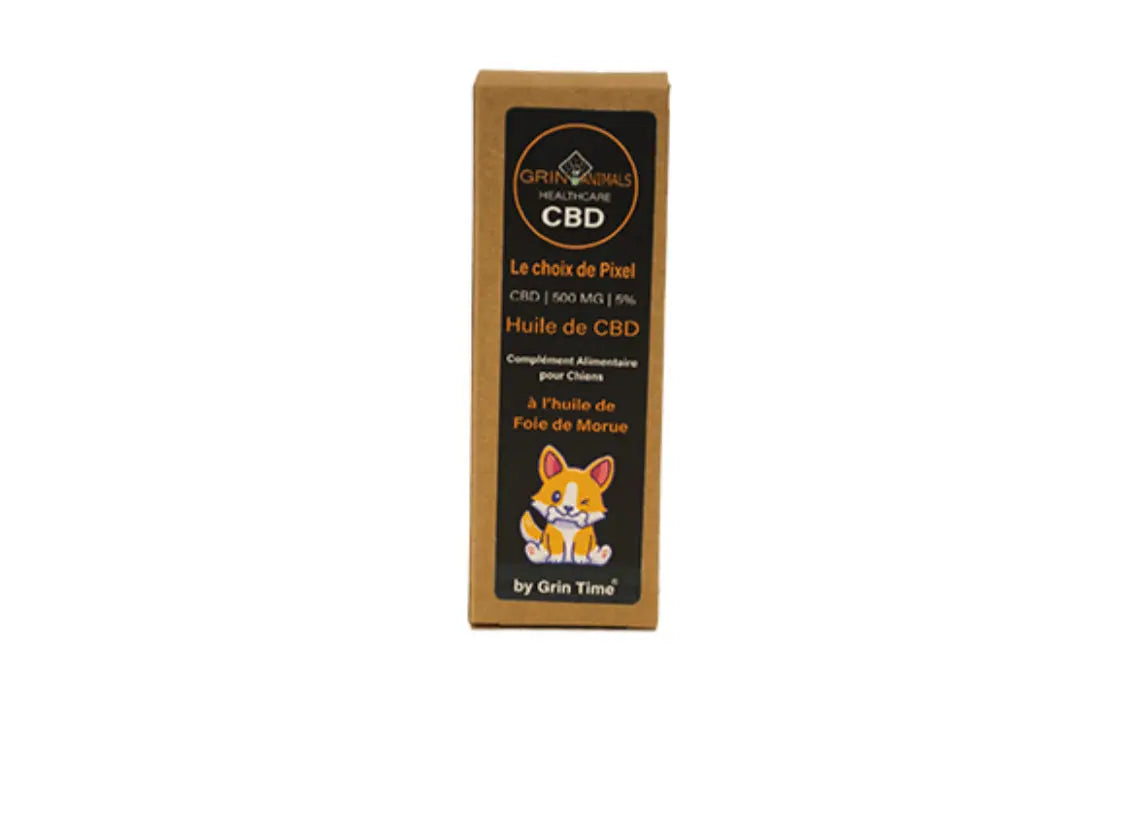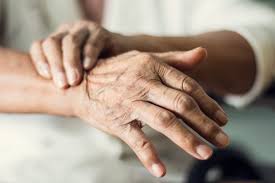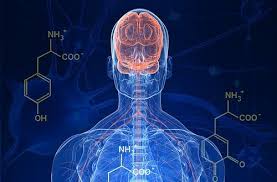When you suffer from tremors and motor problems, insomnia and possible depression, any effective natural help is good to take... Parkinson's disease develops its symptoms slowly, and once they are established, others are added and transform days and nights into a struggle to find a little peace and well-being. For several years, testimonials from cannabis users have described its benefits on certain central symptoms of the disease. Now that we can consume one of its compounds, CBD, in oil extract among others, the testimonies continue to flow in. Medicine has been able to study how CBD can reduce pain, stiffness, insomnia and mood disorders.
We will explain to you the virtues of CBD to support Parkinson's disease disorders and how to best use it depending on the symptoms.
CBD-Parkinson: what links?
Parkinson's disease is degenerative: its symptoms come from a destruction of dopaminergic neurons, those which release dopamine . This is a neurotransmitter, essential for communication between neurons in the motor cortical areas, but also in the mesolimbic and mesocortical areas (emotions and motivation, memory and concentration).
The symptoms of Parkinson's disease are:
- mood disorders, depression, fatigue, apathy;
- difficulty concentrating, cognitive deficit;
- disturbances in walking and balance, swallowing and sexual function;
- smell problems;
- muscle tremors, uncontrolled stiffness, bradykinesia;
- severe constipation;
- incontinence.
Progressive degeneration dopamine-producing neurons cause an inflammatory response in the brain. The inflamed areas, in reaction to neuronal degradation, will attract immune cells whose action will reinforce the neurotoxic effect of the disease, by weakening the surrounding healthy cells.
The drug treatment prescribed to patients focuses on replacing dopamine (that which is no longer produced due to a lack of dopaminergic neurons) to reduce the motor and limbic symptoms of the disease. Their potential side effects include perceptual and behavioral disorders (notably delusions, drowsiness and urges, but also dyskinesias). These effects are the result of stimulation of dopamine receptors by a strong external input. But it is often the only possibility of regulating motor symptoms which become debilitating over time.
CBD: strong anti-inflammatory power
Inflammation is the body's natural response to destroy damaged cells that are potentially harmful to surrounding healthy cells. But when the inflammatory response persists , healthy cells are affected. This is the case in Parkinson's disease: inflammation becomes chronic and maintains, in a vicious circle, the degradation of dopaminergic neurons.
Several studies have shown the anti-inflammatory effects of CBD. Its use, in treatment in different inflammatory pathological contexts, attempts to show that it had the capacity to regulate the response of cells of the immune system . On the one hand, because it will help our SEC ( endocannabinoid system ), responsible for general homeostasis, to find the appropriate response ( neither too much, nor too little ) in the face of neuronal degeneration induced by Parkinson's disease. On the other hand, because it has an intrinsic antioxidant effect, protecting the cell from oxidative stress.
These mechanisms would therefore explain the testimonies of users on the effect of CBD, at the same time: painkiller, calming, mild sedative and soothing for the motor system .
Be careful, CBD can also “calm” the effects of certain necessary medications, such as anti-coagulants or anti-epileptics , or cardiac treatments. It is important to ask your doctor for his opinion, based on your usual treatments, before starting CBD intake.
How to use CBD against Parkinson's symptoms?
Studies are underway in France to demonstrate the beneficial effects on Parkinsonian symptoms , an association between therapeutic THC and CBD. The results could lead to special therapeutic authorization for the prescription of THC. The effects of this molecule on the brain could complement the action of CBD, because if CBD acts on the “immunity” part of the ECS ( endocannabinoid system ), THC binds more readily to neuronal receptors.
Moreover, users from countries where the therapeutic use of THC is authorized favor the use of different mixtures with CBD depending on the time of day: more than CBD - less than THC during the day, and equal amount for the night. CBD acts as a side effect modulator THC (on attention and emotions in particular), which allows you to benefit from its powerful pain-relieving and sedative effects with fewer side effects.
In France, we can use all concentrations of CBD , in all its forms, provided that the molecule comes from plants containing very little THC (<0.2%). We can thus benefit from the effective anti-inflammatory effects of CBD, by adapting the dosage according to our needs.
CBD oil and Parkinson’s
Sublingual intake: once or twice a day, place one or two drops under the tongue, away from meals or on an empty stomach, like homeopathy. You cannot make a mistake with the dosage, there is no risk of overdose, and very few side effects are observed (a few patients may have digestive problems during the first doses, but nothing annoying). CBD oil comes from the aerial parts of the cannabis plant, by extraction. There are different concentrations of the molecule in the oil: 5%, 10% or 20%.
The general advice is to start with a small dosage: 1 to 2 mg per 5 kilos , daily, and to increase the dose gradually. The effects fully take effect after 10 days, but you can be relieved from the first dose, especially for pain and sleep.
In past and current studies, the dosage is quite strong, but the effect varies a lot from person to person, and since it is a long-term treatment, it is important to find the ideal dosage with maximum benefit , without using too much “for nothing” (even if it is perfectly natural and harmless).
The CBD content of a drop varies depending on the concentration, between 1 mg/drop and 10-15 mg/drop.
Depending on the symptoms, we may consider a more “adjunctive” treatment, such as CBD infusions before bedtime to regulate the symptoms of Parkinson's on sleep (which tend to significantly shorten the nights). CBD has a rapid calming effect and allows you to fall asleep . But by interacting with the ECS which harmonizes the homeostatic system (and therefore helps to stabilize sleep cycles and paradoxical sleep), it allows you to stay asleep . Some users also put two drops in a spoonful of honey before bed. Unlike other sleep treatments, it does not cause a drowsy state the next day.
CBD balm for massages on muscular stiffness in Parkinson’s
Topical application of CBD can be very effective for disease-related stiffness and associated pain. It has a soothing effect that is immediately felt on the dermis (this is ideal for people suffering from eczema or psoriasis), but which subsequently affects the deeper layers.
You can use pure CBD oil or mix a few drops with an arnica or lavender massage oil for example, to also benefit from their relaxing and anti-inflammatory effect. Most specialized online sites also sell a balm already dosed with CBD.
Lifestyle
Doctors advise a holistic approach to the disease, to delay disability and dependence. And taking CBD, protecting neuronal cells from degeneration, will have to be accompanied by other preventive measures.

Patients may particularly prefer:
- rich and varied food : fruits and vegetables, lean proteins. The diet should provide plenty of antioxidant vitamins and fiber. Probiotic supplementation is also recommended. Coffee would also help protect cells against disease, at a rate of three cups per day;
- night rest : go to bed early, rest without interruption, promote sleep by removing screens in the evening, and practicing relaxation or meditation before sleep;
- moderate and regular physical activity : swimming, Nordic walking, tai chi, yoga, etc. on the advice of your doctor, to maintain muscle mass and good proprioception;
- physiotherapy, occupational therapy and speech therapy , to support each disabling symptom as soon as it appears, in terms of walking, holding objects, speaking.
CBD and Parkinson’s: user testimonials
Online testimonials from patients using CBD for their Parkinson's symptoms show a wide variety of dosages and therapeutic habits, which are very personal. There is an empowerment of the medical approach to CBD , depending on the results and needs.
Users obtain very positive effects on sleep and anxiety , two secondary disorders of Parkinson's, which really handicap the daily lives of patients (impossibility to plan, to undertake, to have motivation, to have drive). Some also obtain good results on stiffness and associated pain.
The symptoms develop very slowly and, for the first part, “hidden”: when the first symptoms felt arrive, already 50% of the dopaminergic cells are destroyed. Then the disease slowly progresses to disability and dependence. THE Long-term effects of CBD , by regulating inflammation and protecting cells, are also “invisible” in the sense that patients do not see what is prevented, delayed and regenerated, on symptoms that should have appeared but do not. do not appear or appear later (the short-term effect on sleep, anxiety and pain is, however, very well observed by patients). The ideal is to favor long-term twice-daily dosing which will both act on existing symptoms and prevent or delay the progression of future symptoms linked to the destruction of dopamine circuits.
Here are some quotes from patients testifying on the internet:
- “My days always started at 3 or 4 a.m. for two years. I can now stay asleep all night until 7am. I take the oil in an infusion in the evening before going to bed.”
- “By taking it at bedtime, it delays the pain, which tended to start in the middle of the night. There, I sleep until 7:30 a.m. and that allows me to have enough rest to face the day .”
- “At 20 mg it reduced my anxiety a lot. I took it sublingually, but also in “candies” and I put some in my vaping device . At 10 mg it didn’t do anything for me, and at 20 it really helped.”
- “She has been taking 200 mg of CBD per day for several years, sublingually, and it helps with stiffness and pain. When she needs it, she also has CBD ointment for pain.”
- “CBD has completely changed my life. I take large doses, under the tongue, but without side effects. People don’t believe I have Parkinson’s.”
Conclusion
Parkinson's disease is the second most common degenerative disorder after Alzheimer's disease . We cannot cure this disease, but we can now delay the progression of the symptoms, which previously quickly led to disability and dependence, because of motor (stiffness, tremors) and cognitive (apathy, psychosis) disorders. To do this, you must implement a set of measures as soon as possible: by changing your diet, adapting your physical activity, and following the therapeutic recommendations of a neurologist.
Taking CBD is entirely one of these preventive measures that delay the worsening of symptoms. By stimulating the receptors of our endocannabinoid system at the immune system level, the intake of CBD allows us to calm neuronal inflammation and slow down apoptosis of dopaminergic cells.
Its treatment effects, on sleep, anxiety and pain, are observed by patients, and scientific studies on this subject have been set up for several years to prove the results on the symptoms and lead to a marketing medical , with perhaps coverage by health insurance afterwards.
It is necessary to try different dosages and formulations to judge the effects on current symptoms, while implementing a basic, long-term treatment, the effects of which will also be preventive on future symptoms.

